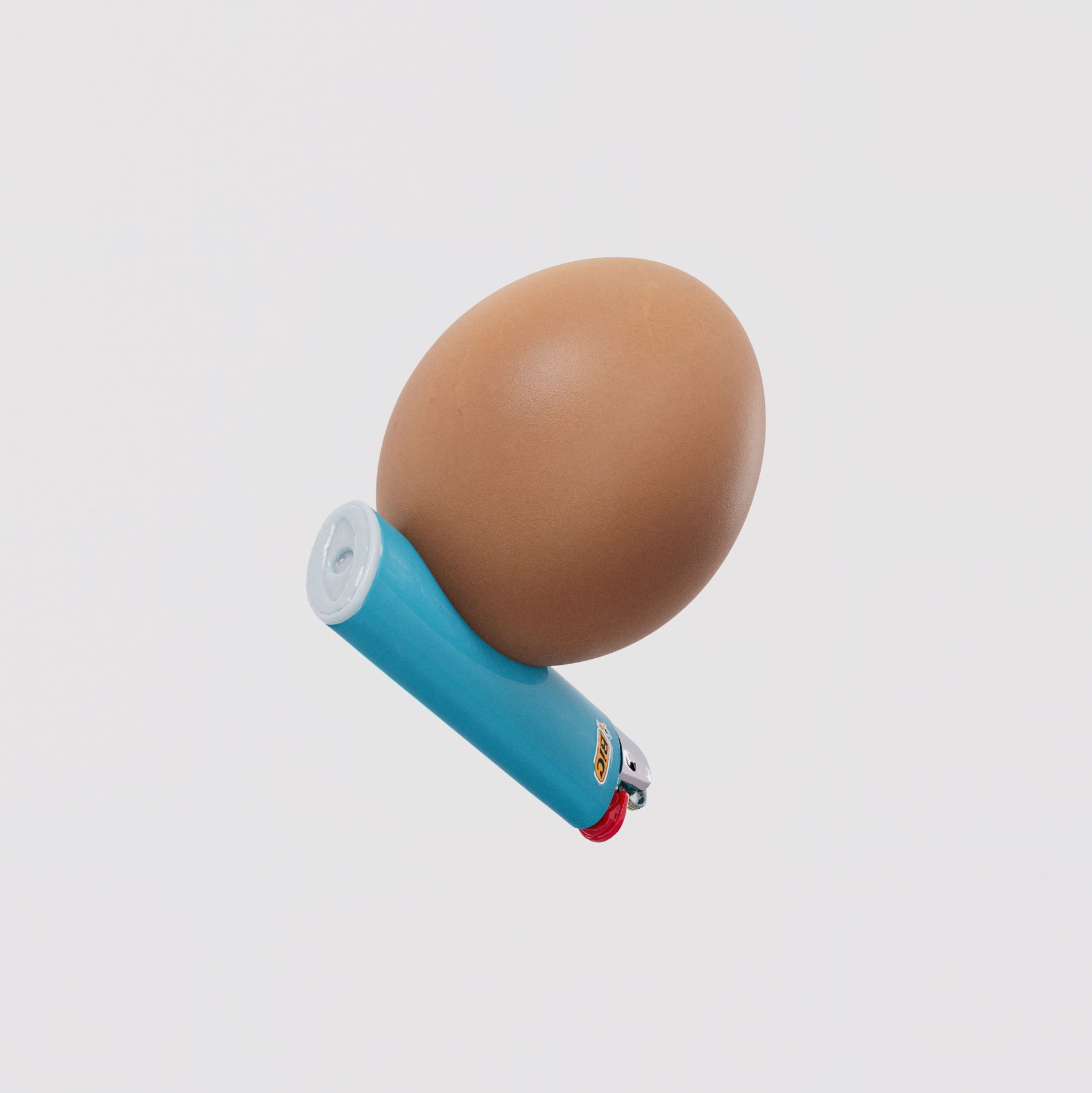(Sincerest apologies for the delay! — I had a particularly rough go with my Booster shot.)
Our final meeting began with recapping David Levine’s visit and analysis of the Adrienne Piper piece. Piper, by defining each discipline as a “hat” of equal but non-transferable or integrative value, argues neither for interdisciplinarity nor antidisciplinarity as we have understood them. Instead, she values the borders of things, both of the disciplines and of her selves. I wonder, should each of us be more discrete, and less discreet about our discreteness? What are our stand-alone hats? Fedor offered a new term to explore this new vantage point on disciplinarity with: pluridisciplinarity. Professor Dolven offered us a metaphor to think with: the university as a city versus the university as a corporation. How do the disciplines in their current configuration aid in producing either of these atmospheres? The concept of disciplines being either forms (more capacious) or genres (more suffocating and prescriptive) also came up as a circle back to the beginning conversations of the term.
We also discussed Levine’s idea of “taste” and the argument that the disciplines are shame-controls or shame salves. This was particularly striking to me. I have never considered whether my disciplinary choice reflected not only the questions I wanted to ask–the central and epistemological hows and whys, as Hazal described it–but also the parts of my researching Self I wished to reduce or avoid. As an anthropologist engaging in homework (as in, fieldwork in my own community; I dislike the term native anthropologist), I do feel a heightened sense of insecurity about my identity and choice to testify as belonging to a particular people and place. Are my disciplined forms of questions asking and data-analyzing a boon to these discomforts of the inquiring Self?
Once Brooke Holmes and Martha Friedman joined us, we explored many themes, but perhaps most pointedly: What does it mean to have a body in our contemporary moment? What does it mean to produce a body of work? A phrase that particularly struck me is when Brooke described our bodies, according to Classical medical science and philosophy, as: “just moments of coalescence in a world in flux.” (Wow!) I found the organic conversation between Holmes and Friedman refreshing. There were many great threads that pertained explicitly to our task at hand: the disciplines.
First, I think it was critical that Holmes responded to one of the class questions by qualifying Lucretius’ mode of address as ‘the second personal.’ As opposed to the first personal–understood as the feeling point of view (body)–and the third personal–understood as the knowing point of view (mind)–Lucretius is always addressing and engaging with a “you” in a collaborative process of situated, mobile, and strategic knowledge-making, in the Haraway sense of two bodies and minds entangling. It collapses our understanding of first and third personals as binaries of subjectivity and objectivity. And, by engaging in different and relentlessly specific ways of knowing, Lucretius is creating a community of knowers: relativism builds community. I also found that Holmes’ description of the fluid body as “in perpetual flux: amorphous, labile, elusive” (Holmes, In Flux) echoed our discussion of Levine and Piper at the start of our class session. The “small wonder” that Classical Greek medicine required the discipline of philosophy and techne to manage the messy, flawed, and potentially dangerous free-willed body reminds me of the “small wonder” of the disciplinary boundaries and chiefdoms to manage the fluidity of our inquiring selves–as embodying “life unbound” (Holmes, In Flux).
Second, I think Friedman’s reflections on her body of work were illuminating. In an interview on her exhibition Castoffs, Friedman describes the grid of the gallery as a bounded body “that you as a viewer sort of puncture” and get disoriented within (Freidman, interview with Henry Gallery). This piece, along with the humours exhibition, explores the tensions between the disciplined and undisciplined gaze onto the body and challenges the disciplining of our gaze from the ground up, i.e., through the presentation of the object. I wondered if this disorientation is part of what “form fears in matter,” as Brooke alludes to in her review of Castoffs, as well as “what defenses … these fears produce” (Holmes, “Time-Lapse”). As one example, Friedman uses spikes to plug holes in the fragmented body parts, holes which Holmes defines as the greatest threat to the classical body. How could we understand our own disciplinarity as the plugging of holes with spikes, large and small? Visible and imperceptible? Is there anything genuinely wrong with this inclination?
Lastly, I enjoyed hearing Friedman’s four-piece treatise on Lucretius and want to sit with her offerings: first, she had tensions with Lucretius’ bidirectionality of ontology and was disinterested in raising the inanimate to the animate; second, she viewed Lucretius’ articulation of bodies and matter as a direct threat to neoliberalism and heteropatriarchies; third, she was interested in the very moment of annihilation and death, when the body and soul cease to share the same frame; and fourth, she wondered whether art’s ability to suspend or extinguish the signified in favor of playing with flexibility of signifiers mirrored how Lucretius understood the Gods–as perpetually unreachable and unknowable, and therefore as not really the point from which to justify “our self-reflexive play.”
